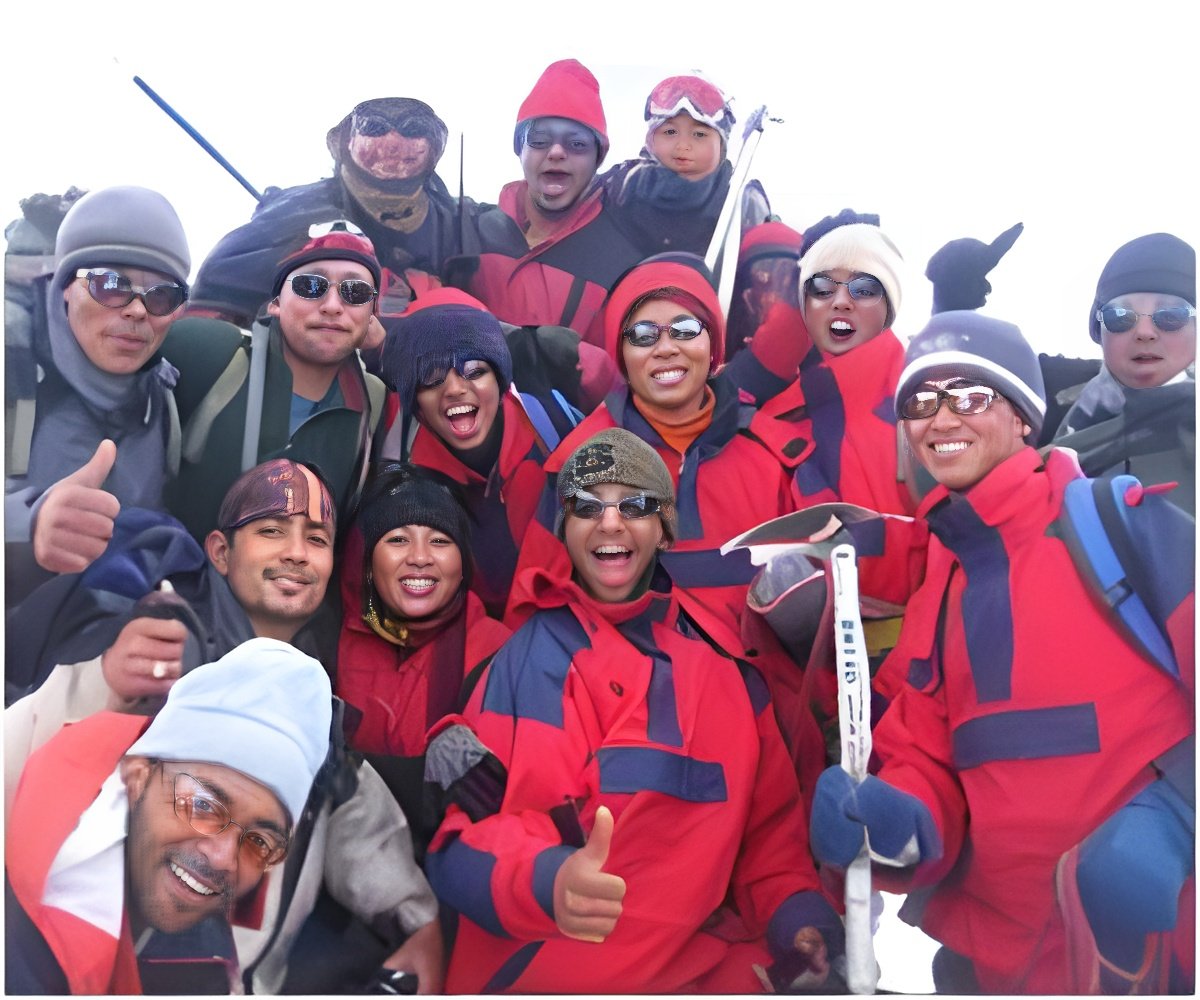You won't be surprised to hear a resounding Hol-la ra-e ho-e he if you go hiking in the Alps around Salzburg these days

"Hops ho-da re-i-ri," "ho-da ria drai dul-i-jo," "hul-jo-i diri diri": the lyrics have little meaning but the tunes, alternating constantly between head voice and chest voice -- a little like a Tarzan cry -- take some getting used to.
Dotted around the landscape at an altitude of 2,000 metres (6,560 feet), five trail stops now offer guidance with audio recordings, sheet music and props, including a gigantic cow bell, an echo wall and two cones acting as voice enhancers.
With mostly cows as an audience, budding yodellers need not fear embarrassment if they belt out a tune.
"I'm fascinated, really excited. It's great that this exists," Astrid Berchtaler, decked out in a typical Lederhose (leather breeches) and red-checkered blouse, told AFP on a recent hike along the trail.
"I always thought only a few talented people could yodel," said the nutrition expert, who travelled 200 kilometres (125 miles) to hike the trail and also joined a one-day yodel workshop here.
The idea for the "Jodel Wanderweg," as the trail is known in German, came from Christian Eder, who runs a local hotel and learned to yodel just two years ago.
"Yodelling has a mythical status, perhaps because it's not so common, so people think it's difficult.
"But our slogan is actually that everyone can yodel."
The trail, inaugurated in August and free of charge, is open to all and easily accessible via a cable car.
"It's a great idea," said Barbara Glaser, 31, a primary school teacher from nearby Mittersill. "The trail was made for young and old. It's not hard to walk it, you can just spend a beautiful afternoon here in gorgeous weather."
Originally, yodelling was used by shepherds to communicate from mountain to mountain.
Not just an Austrian tradition, it can be found all over the alpine region, from southern Germany to Switzerland and northern Italy.
"It's an expression of joy, harmony and happiness," said Hermann Haertel, a folk musician and researcher who has been organising yodel workshops since the 1970s.
In recent years, he has seen a "boom" in yodelling. "Yodel workshops are usually sold out," he said.
With initiatives like the Yodel trail, tourists can see that the idyllic images of "The Sound of the Music" are real, Glaser said.
Among Haertel's pupils are not only locals but also foreigners -- from France, Italy or even Sweden -- and many young people, who no longer see it as kitsch, but are curious to reconnect with this old tradition.
"It's a bit 'back to the roots'. Yodelling is completely pure: I have to be myself ... and it doesn't have to be 100 percent correct," Eder said.
Markus Moser, 26, seemed more dubious after his first yodelling experience on the trail: "I wouldn't say it's impossible. But it's difficult," he said, laughing. "It's something completely different."
One of the goals of the trail, as well as the workshops, is to get people of all backgrounds, including novice singers, to drop their reserve and discover their voice, Haertel said.
Yodelling is joyful, spontaneous, like a "hurrah," he said. "There are hardly any mournful tunes. The point is to have fun."
Glaser agreed: "Yodelling is a unique art and not everyone can do it. That's why I only do it after I've had a glass or two of Schnapps," she said.
Source-AFP
 MEDINDIA
MEDINDIA




 Email
Email




